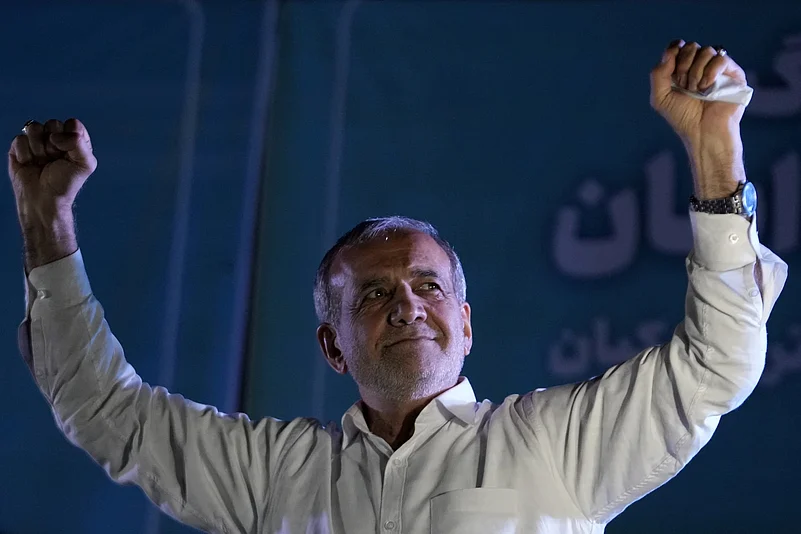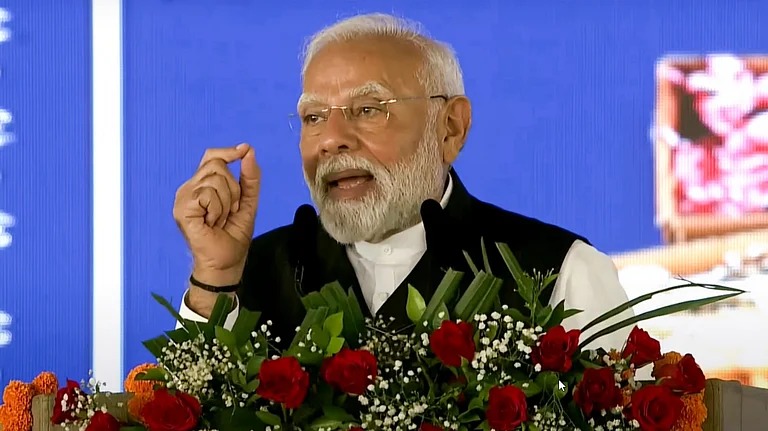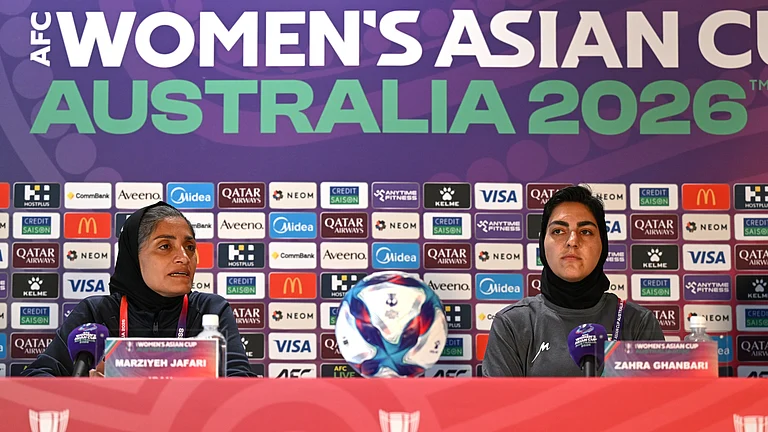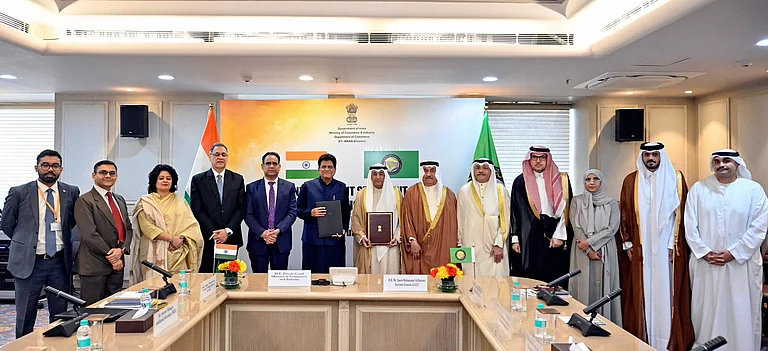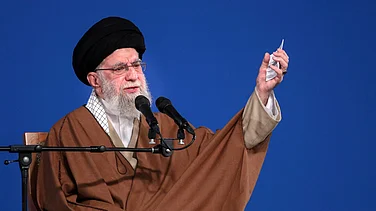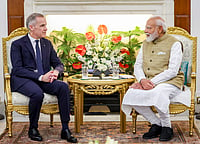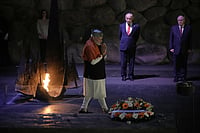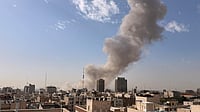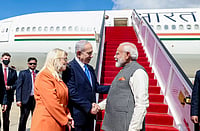Masoud Pezeshkian, Iran’s moderate president-elect has a tough challenge ahead as his voters look to him to lighten their economic burden and ease social restrictions. Though the Iranian president is the number two in the country’s power structure and has to get the nod of the Supreme Leader Ayatollah Ali Khamenei for all important foreign policy as well as sensitive domestic issues, there is a sliver of hope that his presidency could soothe some of the people’s raw wounds.
The fact that Pezeshkian was allowed to contest is an indication that the regime wants to turn the page. Economic woes, as well as civil unrest, can be doused temporarily by harsh crackdowns but continuing to rule a defiant and angry population indefinitely is not easy. There is also a level of trust that Khamenei has on the president-elect and knows that he will respect the red lines. Apart from the Supreme Leader, the Guardian Council, made up of 12 members directly or indirectly appointed by the Ayatollah, were all onboard to endorse his candidature. Many other moderates were barred from contesting.
By all accounts, the president-elect is a consensus builder and can work with the hardline establishment. Not only does he have to gain the trust of not just the clerics that dominate the Majlis (Parliament), but more importantly, he also has to have the backing of the powerful Islamic Revolutionary Guards formed to protect the gains of the Islamic state. All the important boxes were ticked before the mild-mannered former heart surgeon was chosen to contest. Parliament will have to give its stamp of approval for the new cabinet that Pezeshkian gets together.
According to Deepika Saraswat of the Manohar Parrikar Institute for Defence Studies and Analyses (MP-IDSA) who focuses on West Asia, the Iranian regime was keen to hold a more competitive contest than in 2021 when Ebrahim Raisi, was elected. The snap polls were called after Raisi was killed earlier this year in a helicopter crash. “Their reasoning being that having candidates from across the entire political spectrum from reformist, mainstream conservative and hardliners, would see a better turnout among people alienated after the Mahsa Amini protests,’’ says Saraswat. But in the first round of elections, many stayed away and the voter turnout was the lowest since the revolution. However, the numbers for the run-off were much better as people possibly wanted a moderate candidate like Pezeshkian to win.
The division within the conservative camp, between Mohammad Bagher Ghalibaf, a pragmatic conservative and Saeed Jalili, a hardliner, strengthened chances for Pezeshkian, says Saraswat who tracked the elections closely. Reformists and conservatives, united behind Pezeshkian and were able to attract a section of ‘grey votes’ in the second round, mainly by flagging polarising issues of mandatory hijab, internet restrictions and engagement with the West.
The president-elect has already made moves to lift the social media ban and will likely follow former president Hassan Rouhani’s more relaxed hijab rules. This will be welcomed by young girls and women stifling under the strict hijab rules of the former regime.
Considering Iran’s dire economic situation brought about by nearly 45 years of tough US sanctions, the Iranian regime may be looking to repair ties with the US. A moderate president would be more acceptable to the West to initiate an engagement. But this would have to wait till next year when a new president takes office. If Donald Trump manages to win the White House, it will be bad news for Iran. He is the man who walked out of the nuclear pact signed by Iran and West in 2015 in the last days of Barack Obama’s presidency. With the US opting out in 2017, the pathbreaking agreement worked out meticulously over several months went cold. Reviving this agreement, especially with Israel hell-bent on subverting it, is a difficult proposition. Pezeshkian has spoken of engaging with the West and working towards lifting crippling sanctions slapped by the US.
It is too early to say if the US and Europe are ready to talk to Iran or review the nuclear agreement. But dialogue on Iran reigning in its proxies in the region – Hezbollah, the Houthis and Hamas – could take place with the Biden administration, desperate to ensure that Lebanon and Israel do not go to war and plunge the region into instability. Whether Iran is ready to tweak its foreign policy to get sanctions lifted is difficult to say now. Much will also depend on what happens in Gaza and whether a ceasefire and an exchange of hostages finally come through.
Pezeshkian needs to first work on his domestic agenda of easing the hijab rules and uniting the entire country to face tough economic conditions.







